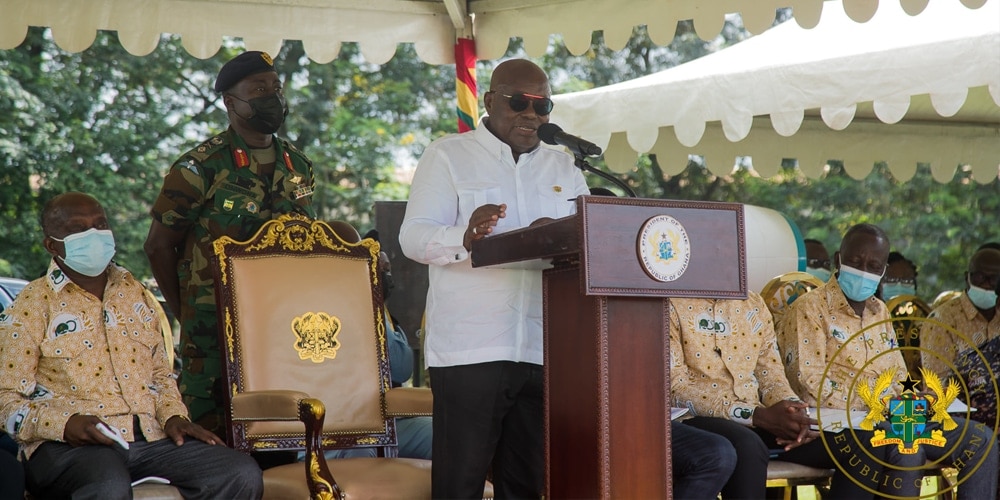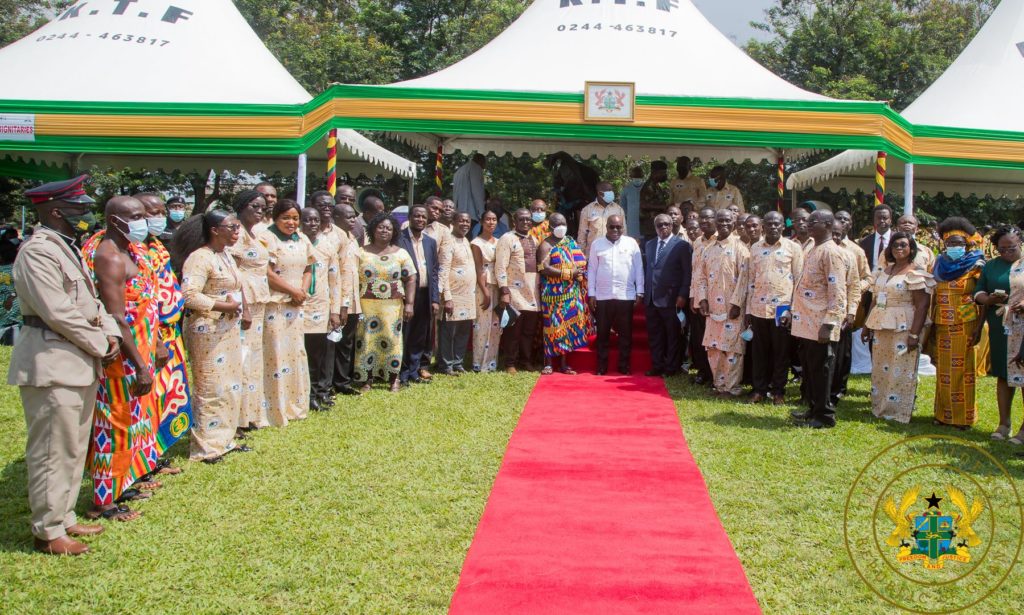
The Seventh-day Adventist Church in Ghana has submitted a memorandum to the Parliament of Ghana calling for an amendment to the date of general elections in Ghana.
General elections are held on the constitutionally mandated date of December 7 every four years. In 1996, the date fell on a Saturday and disenfranchised many Adventists who chose not to go to the polls on the biblical Sabbath. The 2024 elections will also fall on a Saturday, and in a proactive stance, church leaders are petitioning Parliament to consider an amendment on religious liberty grounds.
In a submission to the Constitutional Review Committee in December 2021, Southern Ghana Union Conference president Thomas Techie Ocran wrote that the current inflexibility around choosing and fixing general elections should be rectified through an amendment.
“An amendment as proposed above would make it possible for all Ghanaians to exercise their franchise and discharge their civic responsibility without being made to choose between their faith and civic responsibility,” Ocran wrote.

The Constitution of Ghana vests the power to amend the constitution in Parliament. For an entrenched provision, like one on election dates, Parliament is required to submit the bill calling for a vote in a referendum of the amendment. At least three-fourths, or 75 percent of Parliament, needs to vote in support.
“It’s a long and daunting process, but as a church, we must start the conversation and work to see it carried through with God as our helper,” Ocran said.
Close to one million Seventh-day Adventist voters will be unable to vote if nothing is done about the date. In the 1996 election, more than 95 percent of Adventist voters refused to vote.
Visit to the President
The submission to the Constitutional Review Committee marks a new step in the process after a visit to the country's president in June 2021. On that occasion, Ghana president Nana Addo Dankwa Akufo-Addo pledged to address religious liberty issues affecting Adventists in Ghana.
Adventist leaders visited the Ghanaian president at his home.
“Our visit was intended to congratulate and show appreciation to the president, as well as seek his counsel and support on some religious liberty issues confronting our members,” Peter Osei Mensah, a former president of the then Ghana Union Conference, said. Mensah was the spokesperson for the June delegation.
Besides the election issue, Adventist students in Ghana regularly grapple with having to decide whether to write examinations scheduled for Saturdays.
In response to these matters, the president said he was happy to receive the delegation and said, “Though the issues are weighty matters, I am happy they have been brought to my attention; I will add my weight to this cause.”
On examinations on the biblical Sabbath, Akufo-Addo said Ghana is a secular state. “As a nation, we insist on freedom of religion, and I will take this up with the education authorities.”
He also assured the church leaders that he would explore avenues for a change in the voting date.
“Disenfranchising a lot of people because of the date is not the best thing to do,” Akufo-Addo said. “Though the date is an entrenched constitutional clause, we will look into the possibilities of advocating for a change from the specific date to a day in December as is done in some countries. I am glad this has come up early, and so there is time to do so and get consensus across the political divide.”
Adventist church leaders assured the president of the church’s support and continual prayers for his government and the nation.
This story is based on this report and a previous report posted by Adventist News Network.